The concept of sugar taxes (usually specifically on sugar-sweetened beverages) attracts strong feelings both for and against. Proponents see taxes as a way to tackle the growing obesity crisis by curbing consumption, encouraging manufacturers to reformulate and create a revenue stream for public health initiatives. Opponents, however, say there is little evidence that such measures are effective, that they costs jobs in the industry and that they simply push sales into other regions.
This year the UAE, Portugal and Sri Lanka have all introduced taxes on sugary beverages. Next year the UK, Ireland and South Africa will do the same. Meanwhile, Santa Fe and Cook County in the US have both rejected the idea.
Read on for a list of countries where sugar taxes have been introduced or are under discussion. This is not intended as a comprehensive summary: rather, it seeks to put the spotlight on some of the markets where debate has heated up this year.
US
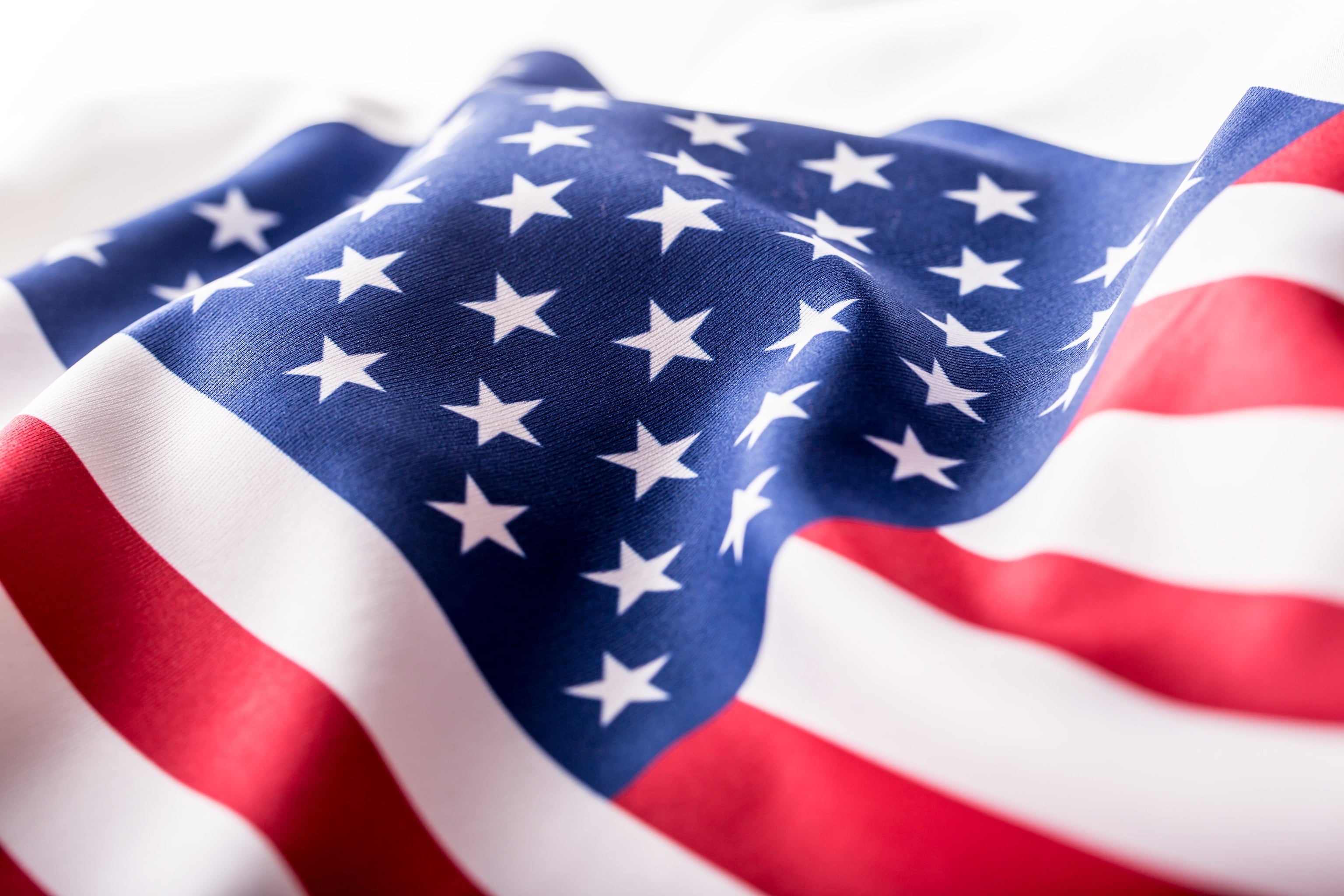
2017 has been an eventful year on the regulatory front in the US, where sales of carbonated soft drinks have been on a declining trajectory for some years, and soda taxes are in force in Boulder, Albany, Berkeley, Oakland, San Francisco, the Navajo Nation, and Philadelphia, and will come into effect in Seattle in January 2018 (this CSPI chart spells out what’s covered in each jurisdiction).
However, it hasn’t all been plain sailing for soda tax enthusiasts, with residents in Santa Fe rejecting a soda tax in May, while five months later, government officials voted to repeal a soda tax in Cook County Illinois, a major win for the drinks industry and a significant blow for health advocacy groups. Proposals to establish a tiered system of tax incentives to promote healthier alternatives to sugary drinks in Massachusetts remain stuck in committee, meanwhile.
In Michigan, meanwhile, the state legislature recently approved a bill to preemptively ban local governments from levying excise taxes on food, while Pennsylvania state rep. Mark Mustio is reportedly planning to introduce legislation that would invalidate Philadelphia's sweetened beverage tax, which went into effect in January and is being challenged in the state’s courts.
As to whether soda taxes are delivering, it depends who you ask. The big soda companies, unsurprisingly, are not happy, with Coca-Cola North America president Sandy Douglas telling delegates at a conference in Boston in September that the Philadelphia tax had been a “complete disaster,” which had cost jobs and “materially reduced our business.” PepsiCo, in turn, stopped selling 2-liter bottles and 12-packs in the city in March, with CEO Indra Nooyi telling analysts in April that she opposed “regressive” taxes that “unfairly target one category or industry” and claimed they were “more revenue generation-focused rather than health-focused.”
Critics of the taxes have also complained about the inconsistencies across different jurisdictions, with some ordinances, such as those in Cook County IL and Philadelphia, PA, taxing beverages with non-caloric sweeteners, including stevia, and others (eg. San Francisco and Oakland) focusing purely on sugar sweetened beverages, for example.
In August, market research firm Catalina said sales of sugar-sweetened beverages dropped significantly within Philadelphia’s city limits in the five months after the tax came into effect, but rose by almost as much just outside city limits, figures seized upon by critics as proof that consumers were just shopping elsewhere, rather than ditching their soda habits.
However, Washington DC-based health advocacy group the Center for Science in the Public Interest (CSPI) said evaluations of the tax in Berkeley, CA, and another from Mexico have shown decreased consumption of sugary drinks and increased consumption of healthier beverages, while providing much-needed revenues for other public health measures.
Mexico, Colombia, Chile, The Caribbean
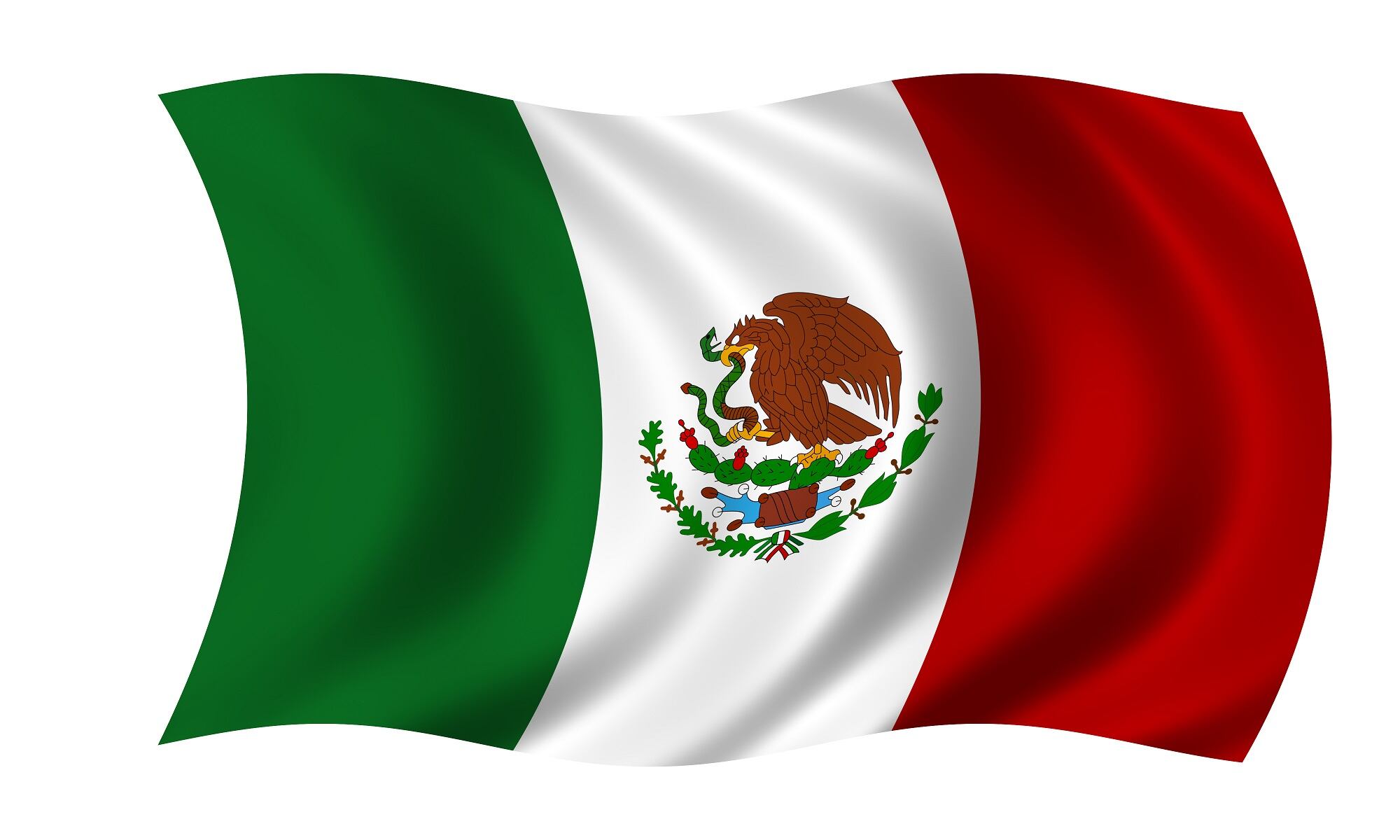
In Mexico, which introduced a 1 peso per liter soda tax in 2014, an analysis published in Health Affairs in March 2017 found that the 5.5% drop in the first year after the tax was introduced was followed by a 9.7% decline in the second year.
In Columbia, meanwhile, a proposal for a 20% tax on sugar sweetened beverages was killed on the last day of 2016 after being dropped from a larger tax overhaul package (for full details, read this New York Times article).
Chile imposed a tax on sugary beverages in September 2014 and reduced the tax for non-sugary beverages, while Barbados and Dominica levied a 10% excise tax on sugar-sweetened beverages in 2015.
UK & Ireland
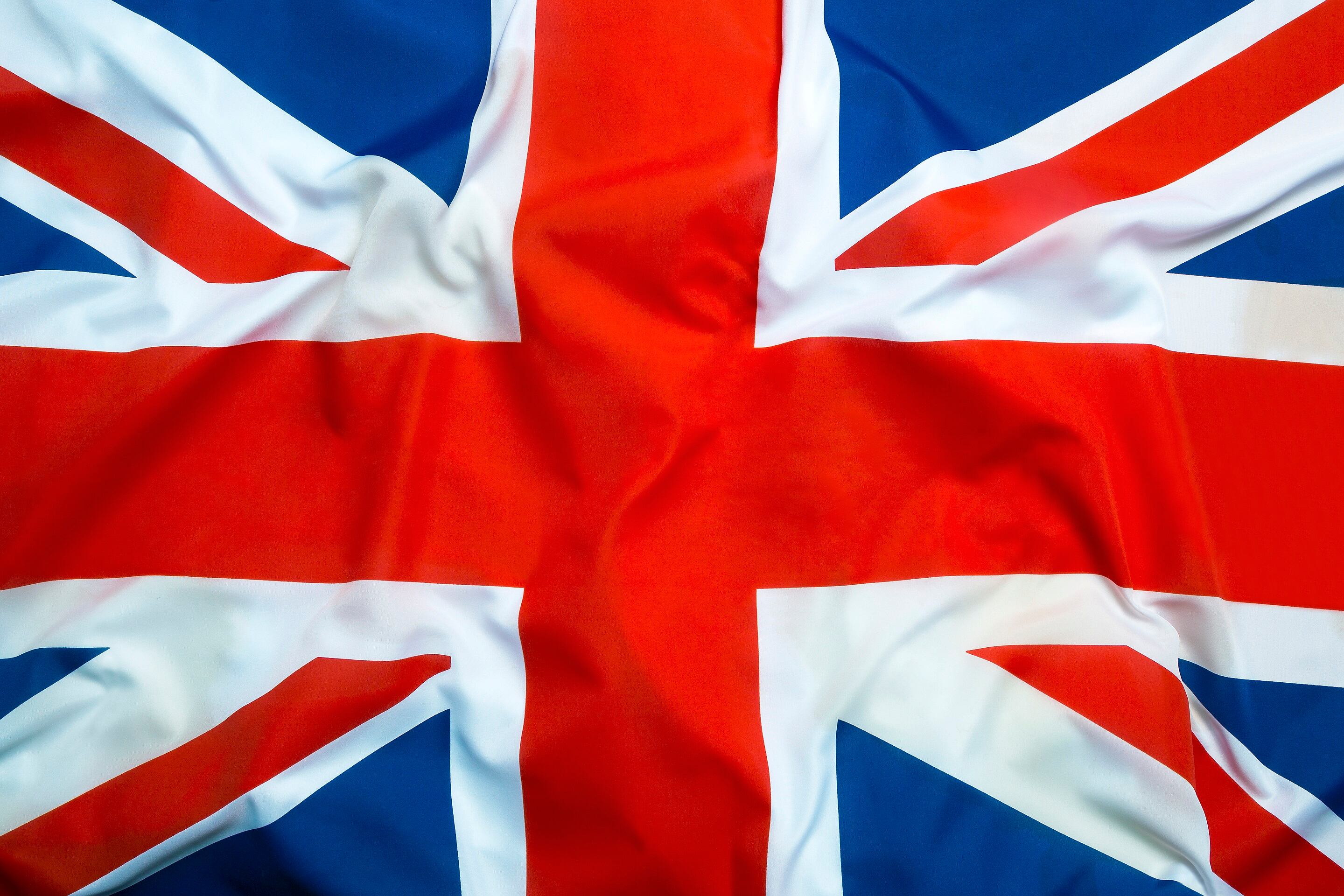
The UK will go ahead with the introduction of a sugar tax in April 2018, after initially proposing the tax in 2016. Ireland will introduce a similar tax at the same time.
In the UK, a two-tier soft drinks industry levy will tax added sugar drinks with a total sugar content of 5g or more per 100ml.
The levy rate for drinks with more than 5g/100ml will be set at 18p per liter; and those with 8g/100ml or more will be set at 24p per liter.
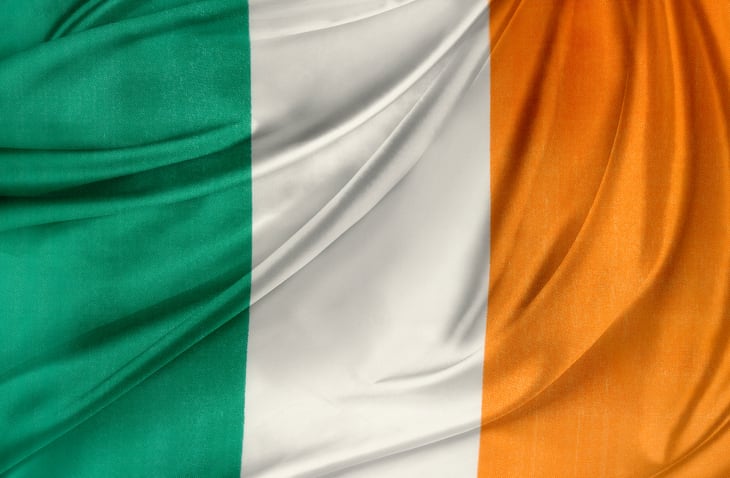
In Ireland, drinks with 5g/100ml will be taxed at 20c per liter, and those with 8g/100ml and or more will have a rate of 30c per liter.
The pending levy has been credited with encouraging manufacturers to reformulate to put more drinks under the levy threshold. Britvic, the top supplier of still soft drinks and number two supplier of carbonates in GB and Ireland, says that 72% of its portfolio will escape the sugar tax in the UK and 69% will be exempt in Ireland.
Portugal
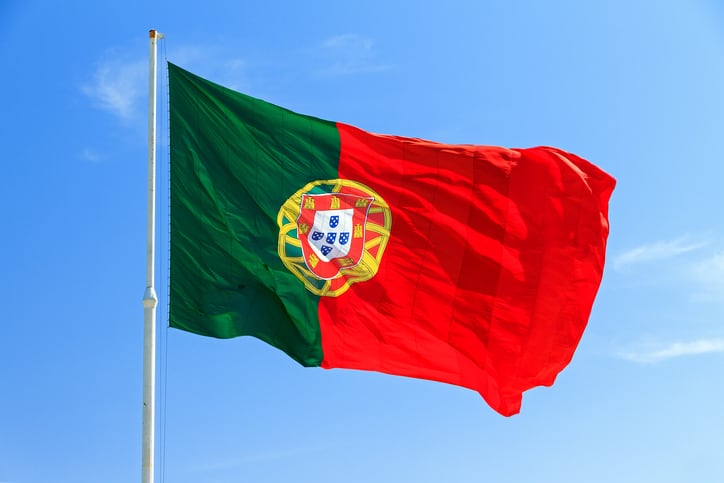
Portugal introduced a tax on sugar-sweetened beverages in February, a measure that is expected to raise €80m in its first year for the national health system.
Soft drink prices have gone up by around 15 cents a bottle; or 30 cents for beverages with more than 80g sugar per liter.
Portugal is now also considering a new tax on food with a high salt content: such as potato chips, cereals and crackers.
France
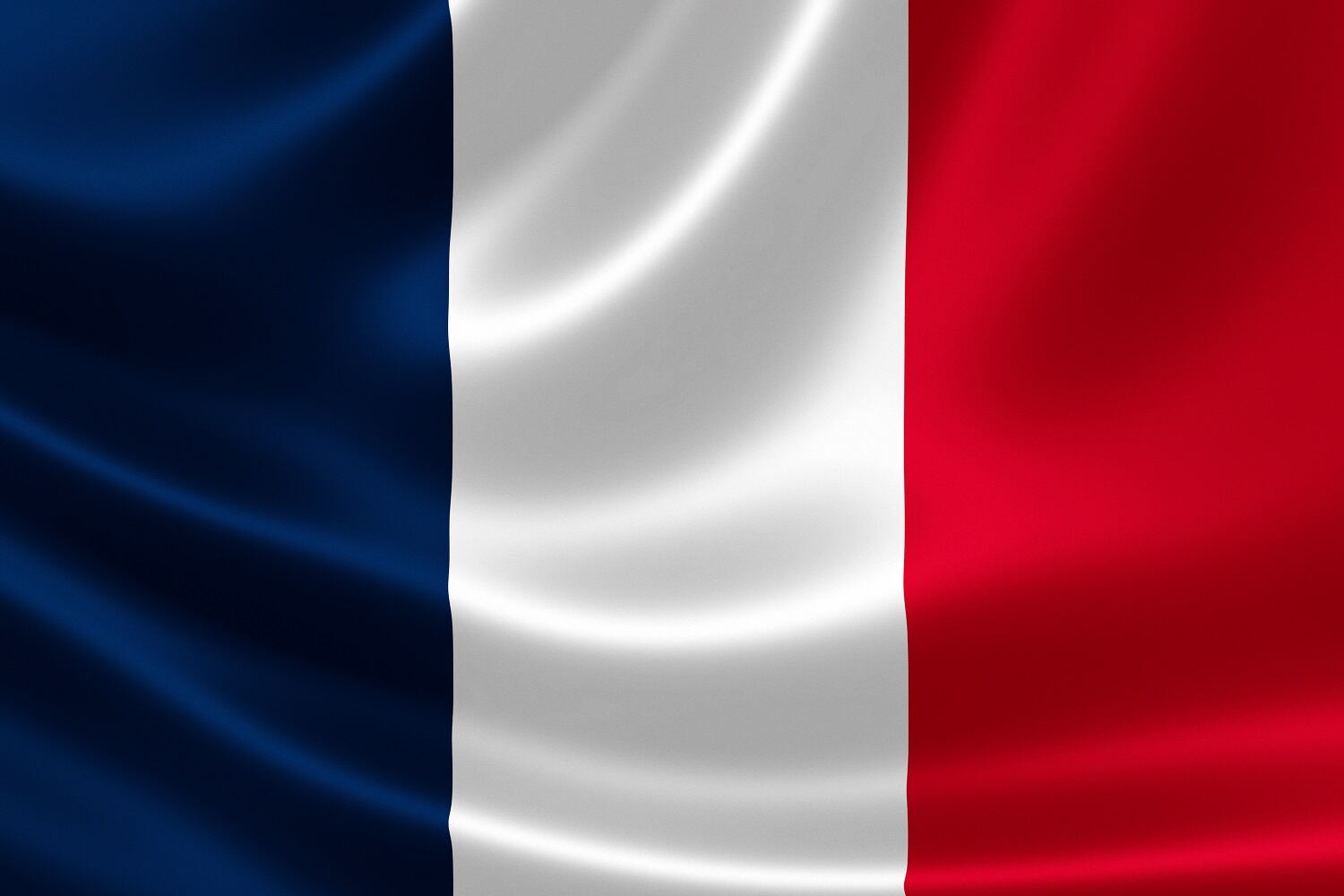
France has had a soda tax since 2013, and this year the government has decided to increase the tax rate further.
Beverages with added sugar have been taxed at €7.5 a hectolitre, but this will change to a sliding scale tax. It will start at 1g sugar/100ml; rising to €20 a hectoliter for drinks with more than 11g/100ml.
France has also banned free refills of fizzy drinks in restaurants.
South Africa
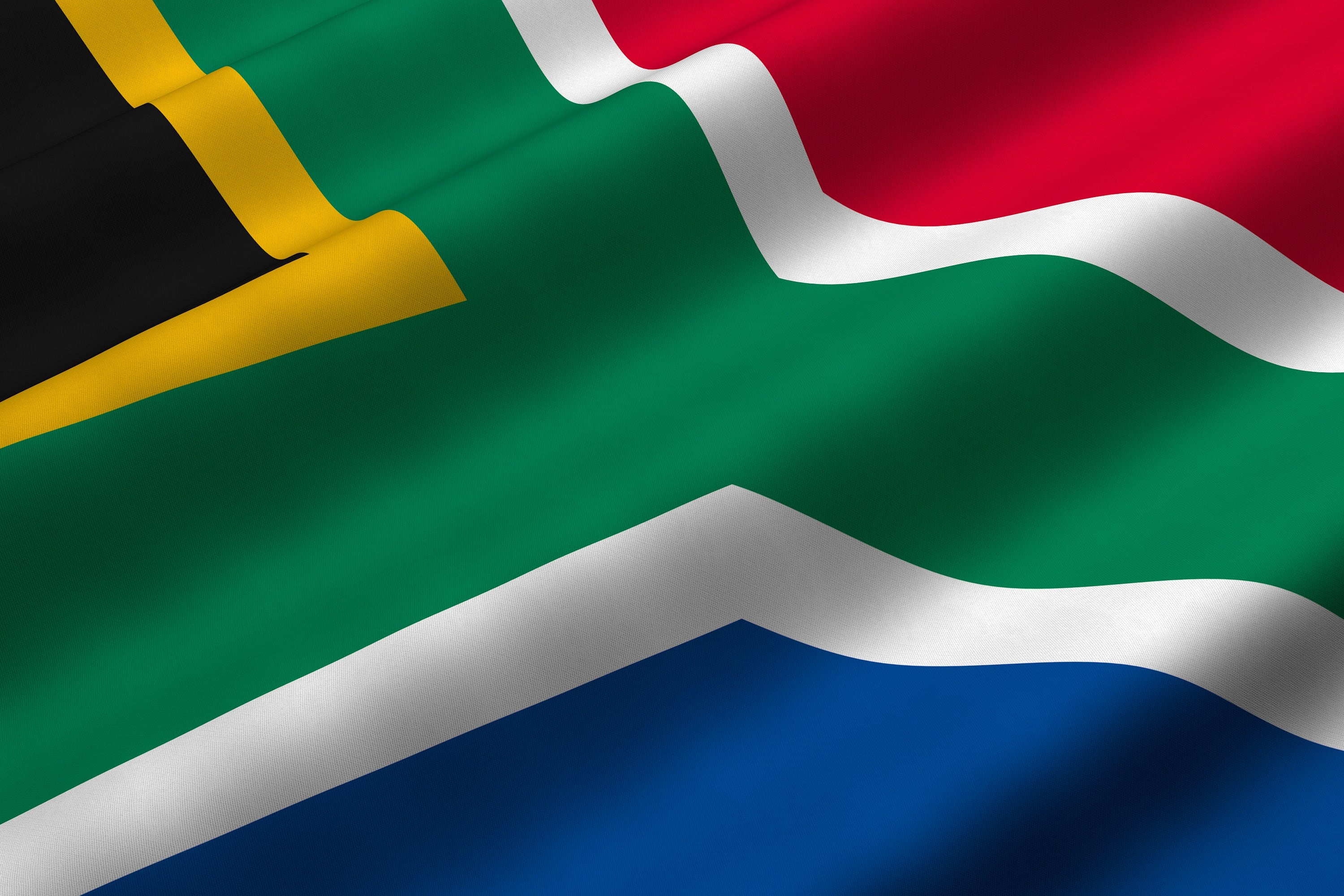
South Africa is due to implement a sugary drinks tax on April 1, 2018: leading to an estimated 11% increase in the price of a regular can of soft drink.
Proposals were initially announced in February 2016 in an effort to reduce obesity in the country (South Africa is ranked the country with the most obesity in sub-Saharan Africa).
Canada
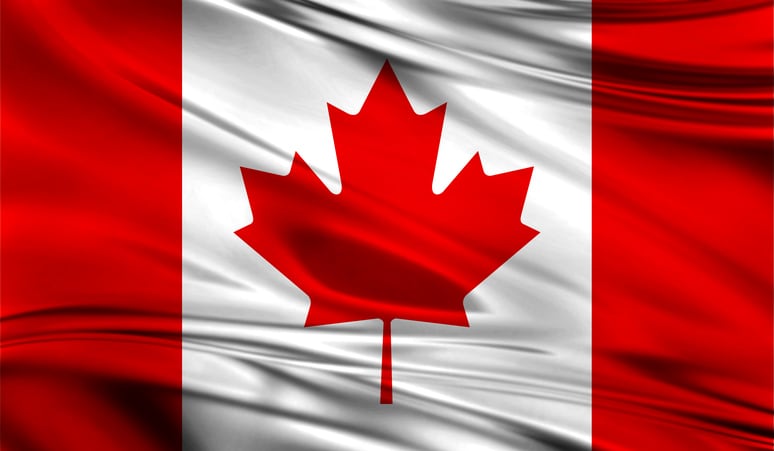
In February this year, the Northwest Territories government announced plans to introduce a soft drinks tax in the 2018/2019 budget year.
A number of health organisations in Canada (including Diabetes Canada, The Childhood Obesity Foundation, and Heart & Stroke) have made calls for a nationwide sugar tax, saying it would save 13,000 lives over the next 25 years and contribute $11.5bn CAD ($8.6bn USD) in health care savings.
This month, Montreal City Council passed a motion calling on the federal government to impose an excise tax on sugar-sweetened beverages. The council will also examine measures that will remove sugary drinks from municipal buildings such as arenas and sports centers.
Australia
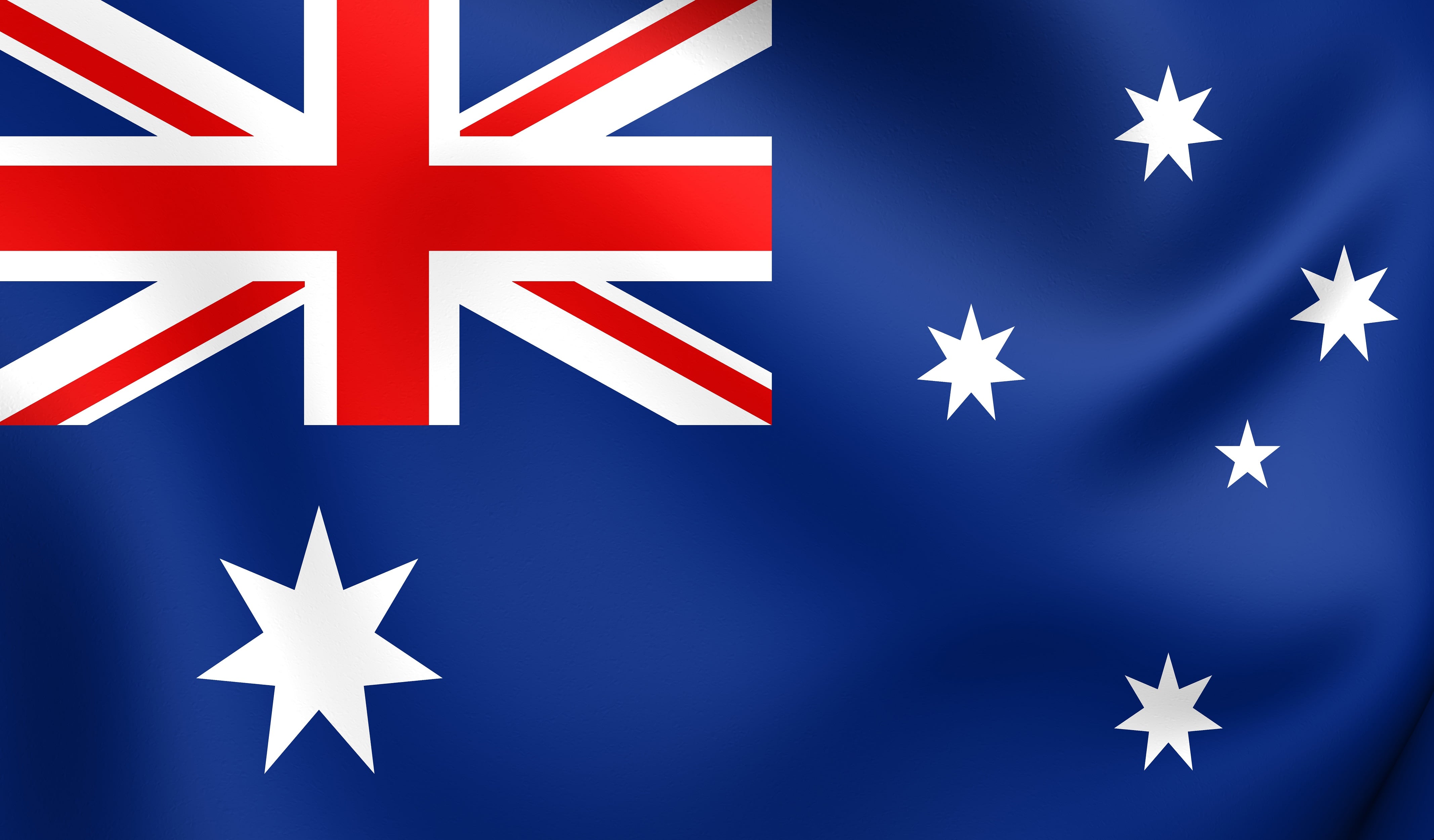
Australian Prime Minister Malcolm Turnbull recently dashed calls for a sugar tax, saying that consumers already pay enough taxes at the supermarket and should not have to pay an extra 20% for sweetened drinks. He said the strategy should centre on education, awareness and an active lifestyle.
His government faces pressure from a coalition of health and community groups calling for urgent action to tackle growing obesity. These organisations have put forward an eight-point plan: suggesting a 20% tax, restrictions on junk food advertising, a national obesity task force, and mandatory health star ratings by mid-2019.
The Chair of the Council of Presidents of Medical Colleges had said the lack of a coordinated national approach to the obesity epidemic is unacceptable, and a soft drinks tax could fund more clinical trials to assess solutions and boost public health.
Hong Kong
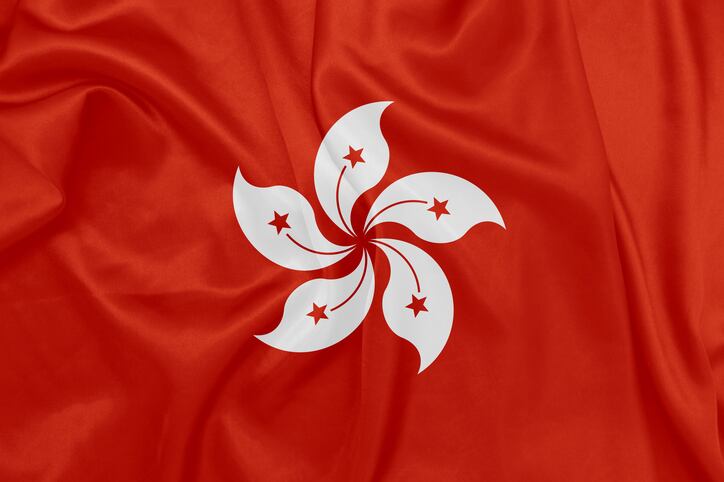
Instead of a sugar tax, Hong Kong has chosen to look into introducing a new food and beverage labelling system, while ramping up healthy food promotion in schools and introducing a pilot scheme to display calorie content in canteens.
Despite calls from some parties for greater measures to deal with the sugar and diabetes issue, including the idea of a tax, the territory’s administration is taking a pro-business approach, with the Secretary for Food and Health advocating persuading beverage companies to reduce sugar content through dialogue.
Currently, about one in five people in Hong Kong are reportedly overweight.
India
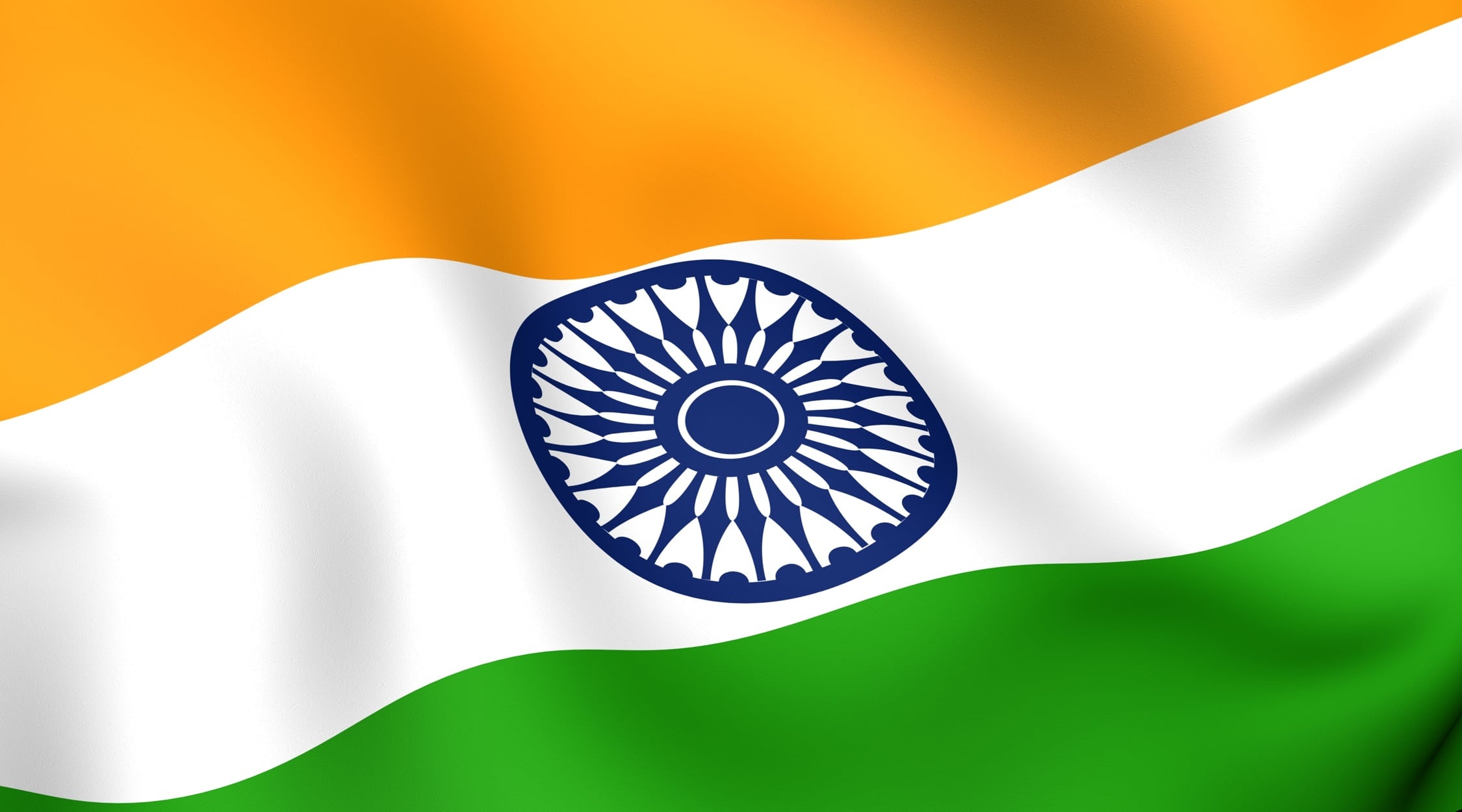
In July, it was reported that hundreds of Indian beverage manufacturers were preparing to start adding fruit juice to their carbonated beverages in a bid to circumvent the newly-implemented GST plan.
By doing so, these manufacturers believe that their products will be taxed 12% for beverages based on fruit pulp or juice, instead of the heavy 40% for sweetened aerated beverages that applies to drinks such as Coke, Pepsi and Sprite.
Malaysia
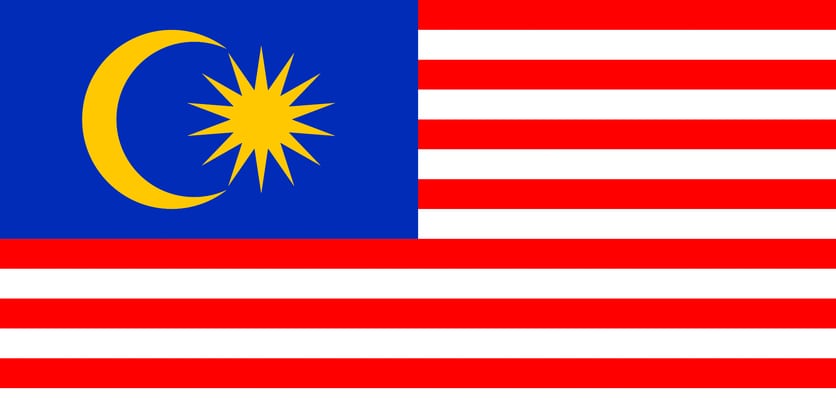
In May, the Malaysian government said it would not increase the market price of sugar in lieu of a possible sugar tax on drinks, as requested by one of the country’s most prominent companies. MSM Malaysia holdings called on the trade, cooperatives and consumerism minister to raise the price by RM$0.29 (US$0.07) per kilogramme.
Consumer groups in Selangor and Penang have voiced that a price hike could be used as a sugar tax, in the absence of an actual one. They see it as a means to promote safer or reduced consumption of sugary food, while having marginal effect on manufacturers. The minister, Hamzah Zainuddin, had announced that the price would remain the same, especially since the global commodity price of sugar had fallen since Malaysia had increased the domestic price by RM$0.11 in March.
New Zealand
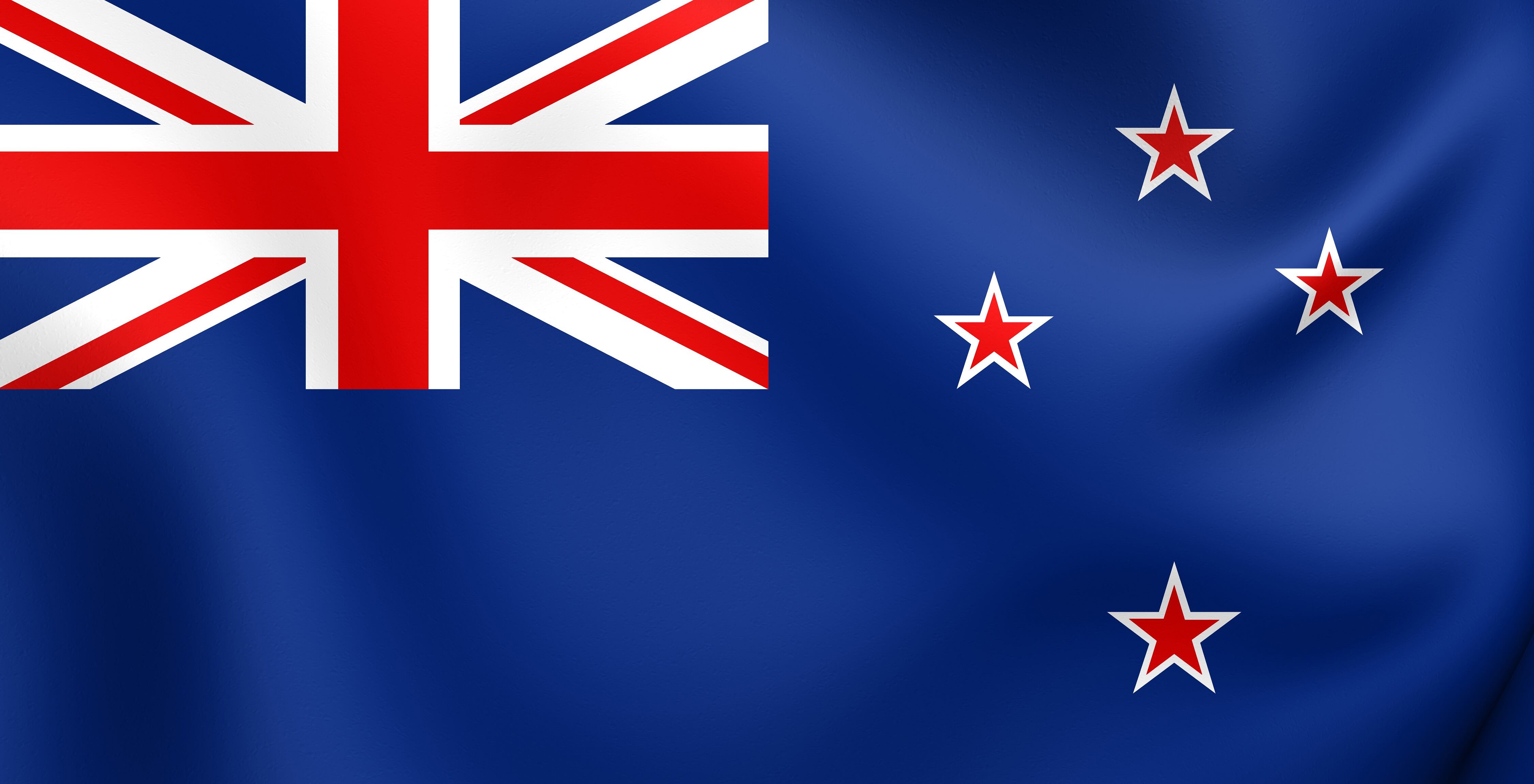
About two-thirds of New Zealanders support a tax on sugary drinks, a survey by Auckland University found. About 67% said they either strongly or somewhat agreed with such a tax. The data reflected almost identical results by an earlier poll by Colmar Brunton more than a year before.
The government said that it has not been actively considering tax but will continue to keep watch on the evidence and practice. Previous Health Minister Jonathan Coleman said that there had been no evidence so far that a sugar tax would have an impact on obesity rates.
However, the new Labour-led government appears to disagree and is believed to be planning to introduce its own sugar tax policy.
Saudi Arabia
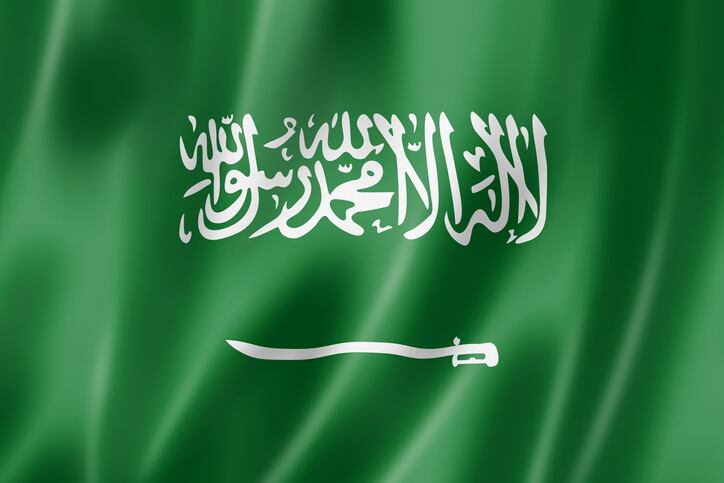
In June Saudi Arabia became the first Gulf country to have a sin tax, which covers a 100% tax on energy drinks and cigarettes, and a 50% levy on carbonated drinks.
The levy is part of a raft of tax regime changes across the Gulf, including the 5% VAT rate across Gulf Cooperation Council countries. Revenues from the tax are expected to reach SAR7b (US$1.9b) in six months.
The price of a 250ml can of Code Red energy drink increased to SAR4(US$1.07) from SAR2, while Red Bull increased to between SAR 10 and SAR12.
The tax has led to heavy sales of energy drinks before the deadline. Local media reported many shelves were left empty.
Singapore
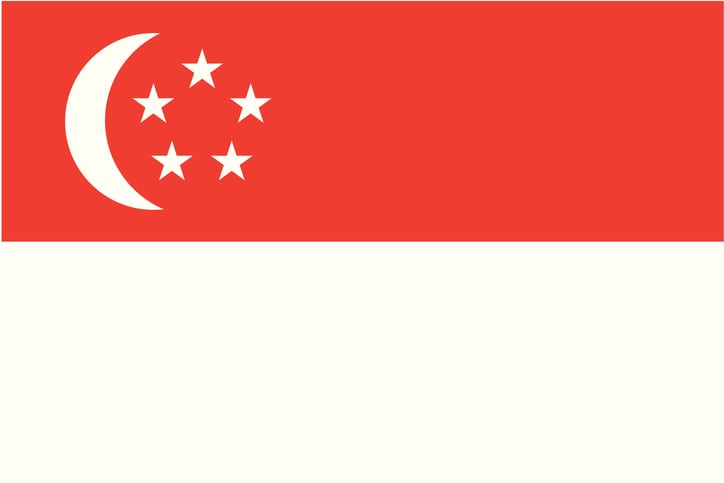
The government is weighing a range of measures including taxes, more stringent advertising bans and warning labels on products for soft drink manufacturers who fail to meet sugar-reduction objectives.
A meeting between the Ministry of Health, Health Promotion Board (HPB), industry representatives and trade groups has yielded no clear resolution as yet but, in support of the government’s war against diabetes, seven of the biggest firms – Coca-Cola, F&N Foods, Malaysia Dairy Industries, Nestle, PepsiCo, Pokka and Yeo Hiap Seng – have already committed to a maximum sugar content of 12% for all drinks sold in Singapore by 2020.
The government has launched other initiatives including a Singapore Healthier Choice movement for F&B products in which drinks that contain less than 6% sugar, for instance, can carry the Healthier Choice symbol on its packaging for consumers to note.
Pokka has already begun reformulating its drinks to match the HPB’s target. It also said, currently, more than 40% of its portfolio meets the Healthier Choice requirement.
Sri Lanka
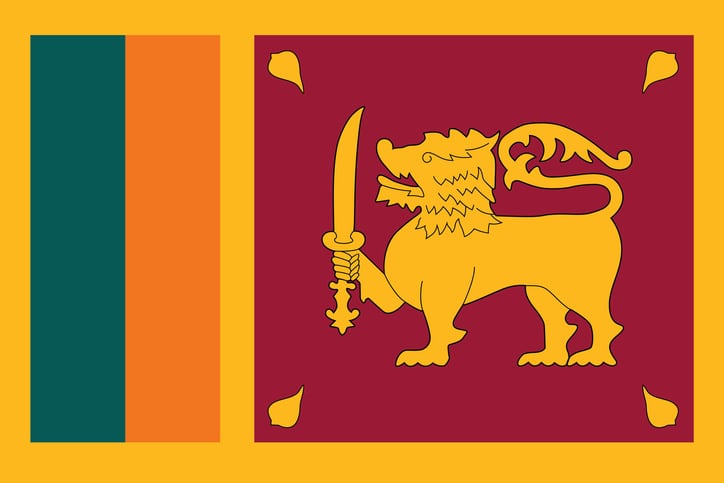
Sri Lanka’s latest budget put in place a 50-cent tax on each gram of sugar in soft drinks, which took effect in early November. At the event marking World Diabetes Day (Nov 14), Sri Lanka’s president asked the finance minister to extend the tax on soft drinks in Sri Lanka to all forms of sweetened beverages.
The president also recently made headlines when he publicly raged against Milo, even brandishing a Milo pack in his tirade. He accused Milo of raising its sugar content from 15% in 2012 to 16.5% today. He further threatened that he wanted them to reduce it to 5% or he would bring in legislation to control sugar content in all beverages.
Milo responded by stating it has reduced sugar content in Milo Ready-To-Drink packs by 32% in the past five years, and each pack currently contains less than 5% of added sugar.
Thailand
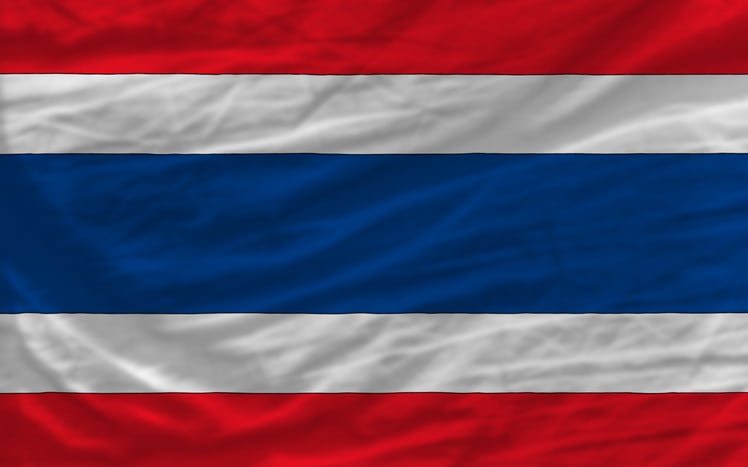
In July, it was reported that Thailand will phase in a sugar tax over six years in a bid to ‘help drinks manufacturers’ lower their sugar content and take advantage of a simultaneous lowering of tax on sugar-free beverages. The sugar tax will be increased in two phases and in the fourth year, drinks that contain sugar beyond the World Health Organization (WHO) standard will be taxed double. It will be further increased in the sixth year.
Earlier, the Food and Drug Administration said a bill to legislate for a maximum of 10% sugar and sweetener in foods had been submitted to the government. Prior to that, there was no cap for sugar in Thailand, where products often contain sugar percentages well into double figures.
Philippines
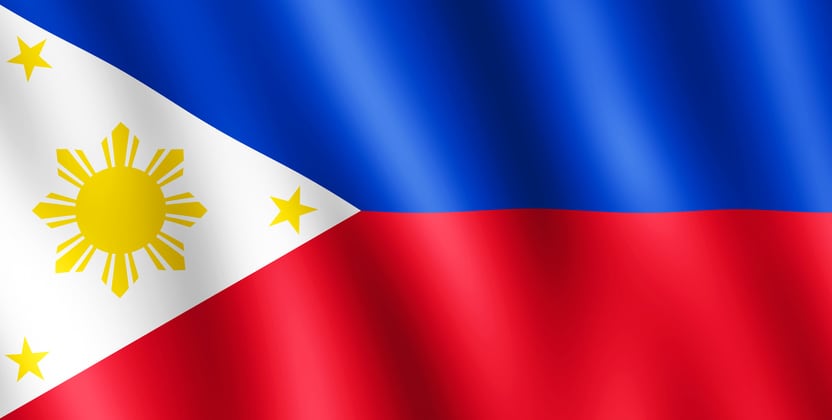
More than 300,000 people signed a petition by the Philippines association of sundry shops and small eateries, Pasco, to oppose the government’s Sugar-Sweetened Beverages (SSB) bill. Pasco said 40% of the daily income of such small shop owners will be affected, putting 1.3 million micro-retailers at risk of losing their livelihood.
Others have spoken out against the bill or have offered alternatives, among them senator Win Gatchalian, the Export Development Council under the Department of Trade and Industry, the Beverage Industry Association of the Philippines and Mondelez.
In September, President Duterte had threatened to close the Sugar Regulatory Administration, established to promote the growth and development of the industry, though it would have a great impact on the industry already reeling from the tax. Reportedly, 5 million people would be affected.
The SSB bill proposed a tax of PHP10 per litre on SSBs, including powdered juices, energy drinks, and soft drinks. The rate will be increased by 4% each year thereafter.
UAE
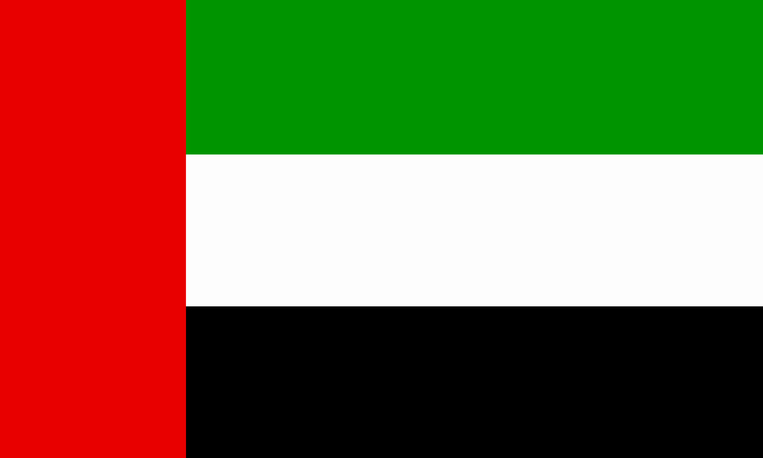
The UAE imposed a tax on soft drinks and energy beverages in October 1. Energy drinks carry a 100% tax, while soft drinks have a 50% tax. Soft drink cans that usually retail for AED1.50 (US$0.41) now cost about AED2.25, while the price of a 355ml can of Monster energy drink has doubled to about AED12.
Sheikh Hamdan bin Rashid Al Maktoum, the finance minister and chairman of the federal tax authority, said that the excise tax will help them build a healthier society.
“The tax is set to discourage the consumption of products that negatively impact the environment and, more importantly, people’s health, while the revenues it generates will go towards supporting advanced services for all members of society,” he said.
Vietnam
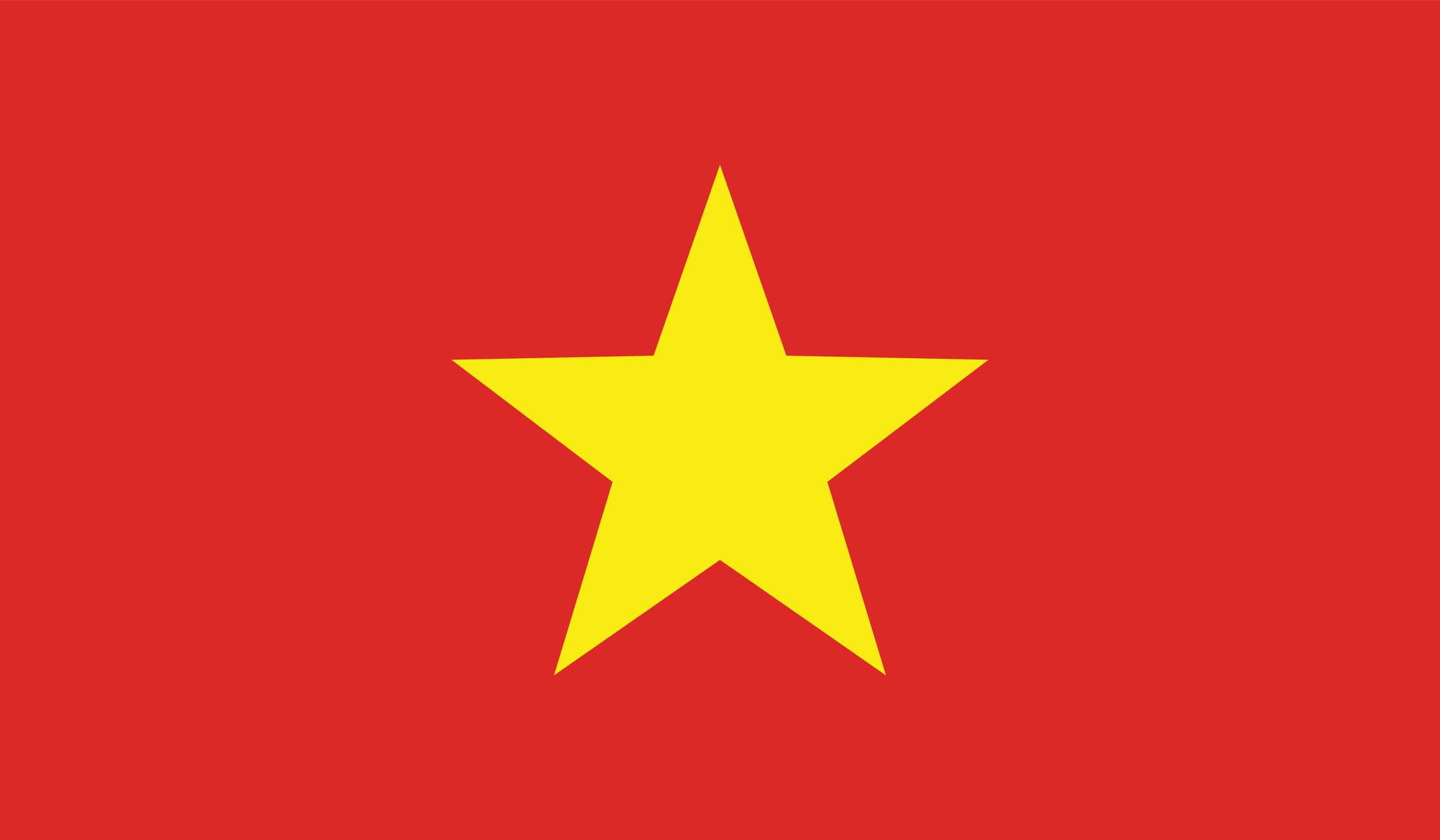
In September, Vietnamese beverage firms hit out at proposals for a special consumption tax on sweetened drinks, saying their production would be badly hit by the move. According to a Ministry of Finance draft amendment to tax laws, carbonated drinks would be subject to a special consumption rate of 10%, while VAT would increase from 10% to 12% for all kinds of beverages and from 5% to 6% for sugar.
Such amendments could also lead to a rise of 12% or more on soft drink prices. As a result, there would be significant decline in beverage and consumption, say manufacturers.
Vietnam also has sugar problems of other kinds. Officials had announced that they would eliminate quotas and reduce tariffs for all sugar imported from other Asean countries from 2018 under the terms of the Asean Trade in Goods Agreement. Under a separate commitment to the World Trade Organisation, it already is required to import a fixed quota of sugar from other countries each year.
Together with competing with Thailand on exports, Vietnam will be forced to lower its sugar prices so that local producers can compete.
Pictures: Getty/iStock
